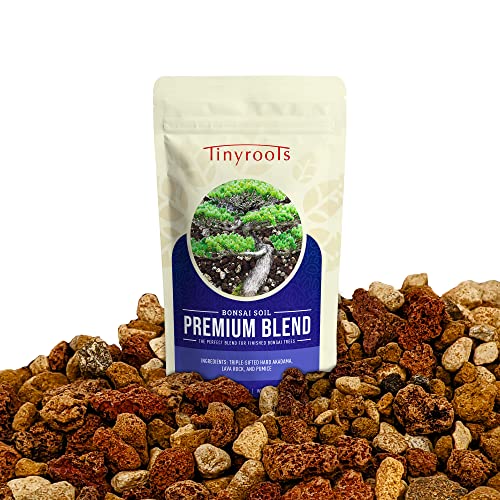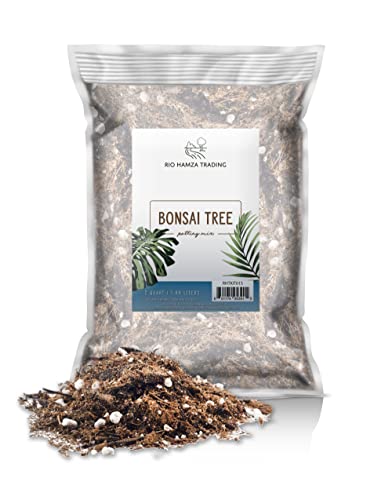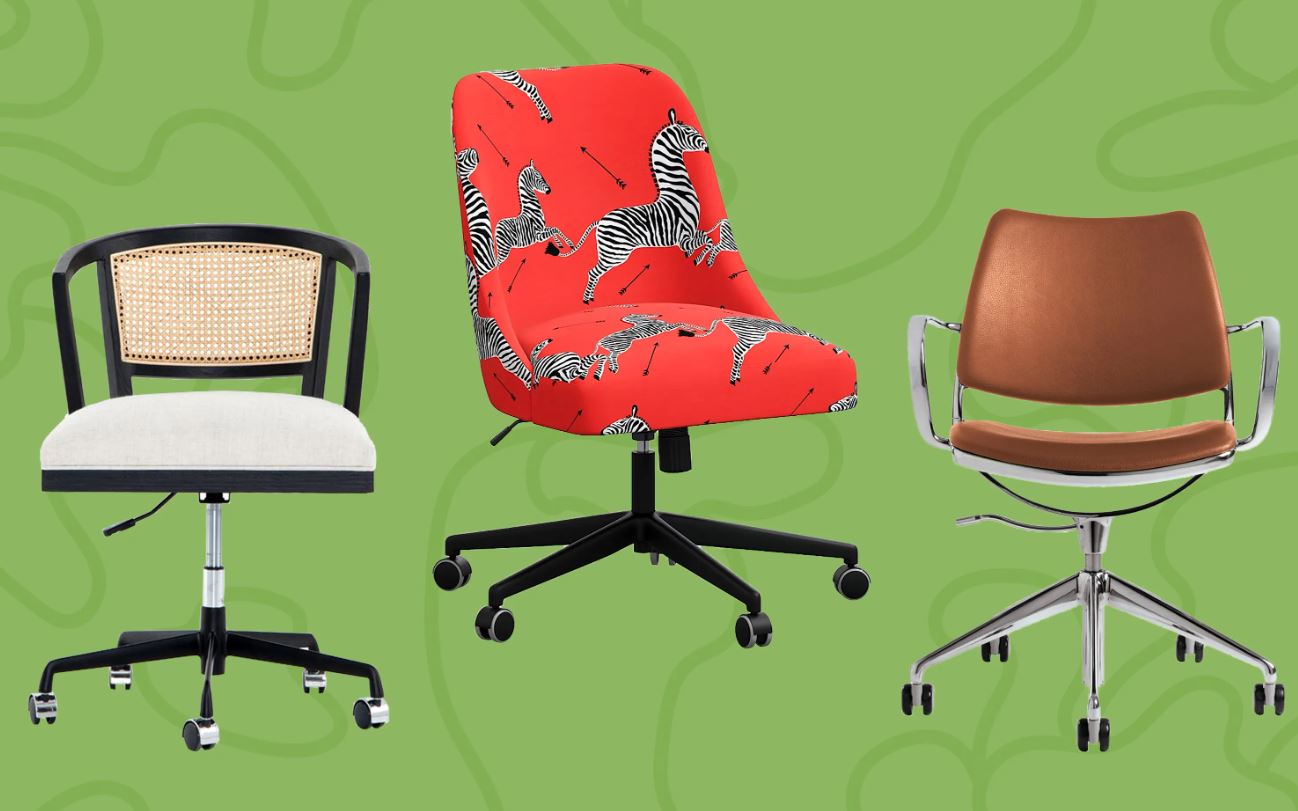Top 14 Best Soil For Bonsai Of 2024
Brandon Forder Apr 20, 2024 10:02 AM
What else do you want to know about best soil for bonsai? The rankings were determined based on reviews from specialists in the field. Below you'll find not only our recommendations, but also our best soil for bonsai products. Do you think it would be wise to seek assistance in locating the proper best soil for bonsai?
In this article, we have compiled a complete catalog of all best soil for bonsai products currently available, along with our evaluation of each. After the development of best soil for bonsai by our expert, we spent countless hours researching and evaluating all existing models.
You can view our final ranking below.

Compare Products
- SCORE9.4
- BrandHARRIS
- Prime
- SCORE9.0
- BrandPERFECT PLANTS
- Prime
Last update on 2024-04-20 / Affiliate links / Images, Product Titles, and Product Highlights from Amazon Product Advertising API
What is bonsai soil and how do you choose the right bonsai soil?
What is bonsai soil? Bonsai soil (or bonsai mix), is a soil mixture that has been designed especially for growing bonsai trees. The right bonsai soil helps give your bonsai tree the correct nutrients it needs to grow and thrive.
The main difference between bonsai soil and normal garden soil is bonsai soil is lightweight and dry to the touch. Normal garden soil tends to be heavier and can hold more water.
Another important difference between bonsai soil and normal garden soil is that the bonsai soil is lightweight. Normal garden soil tends to be heavy and can hold a lot of water. This makes it unsuitable for growing bonsai trees.
Standard garden soil also tends to be quite alkaline. This makes it unsuitable for growing bonsai trees. The ideal bonsai soil is a sandy loam.
Choosing the right bonsai soil:
1. What type of bonsai tree are you growing?
2. How many bonsai trees will you be growing?
3. How much space do you have?
4. Will you be able to repot your bonsai tree yourself?
5. How often will you water your bonsai tree?
What to look for when purchasing bonsai soil.
One of the most important factors when caring for bonsai is the soil. Since the roots of bonsai are so small, bonsai soil needs to be fine. Succulent and cactus soils work well, as do cactus grow mixes. You can use light and heavy mixes, but potting soils usually require some soil amendments.
Over time, the potting soil may become compact from regular watering. The best soil for bonsai needs to be loose and loose. Turn the dirt over and look at the roots. They need space, more than usually found in regular potting soil. If you notice that the soil has become compact, add water and shake it. This should help loosen it up.
If the soil is not loose, you can add some sand to the soil. Then, mix it thoroughly. You can also break apart the soil thoroughly, and then add water. Let it sit for a few minutes, and then shake it again. If it still isn't loose, you can also add some perlite. However, too much perlite may harm your bonsai.
How to choose the right bonsai soil for your species.
When you're choosing the right bonsai soil for your tree, there are a few things that you need to take into account.
The first thing that you need to consider is the type of tree that you're planting your bonsai into. Different soils are best suited for different types of trees. For example, a bonsai tree that is planted into soil that is designed for avocado trees will not thrive.
Next, you will want to consider the type of tree that you're planting your bonsai into. Every species of tree requires different types of soil in order to thrive. For example, a bonsai tree that is planted into soil that is designed for maples will not thrive in soil that is designed for oaks.
The third and final thing that you need to consider is the climate that your tree will be living in. Every species of tree has different requirements when it comes to soil moisture and temperature. If you're not sure what type of soil your tree is compatible with, contact a professional bonsai soil supplier. They can help you choose the right soil for your tree.
How to use bonsai soil.
Bonsai soil is a type of soil that is commonly used to grow small trees (called bonsai). When growing bonsai, it's important to use the correct type of soil. It may seem simple, but there's a lot of important things to keep in mind when selecting bonsai soil.
The soil is washed and sieved to remove the larger pieces of material. The soil is then conditioned by the addition of peat and sand. This process helps ensure that the bonsai roots will be sufficiently hydrated.
The soil is carefully blended until it's of a consistency that's easy to work with.
When using a bonsai soil, it's important to remember that the soil should never be packed or compressed too much. The soil should retain its shape while being soft enough to work with.
The soil should be drained properly. It's best to use a tray that's lined with a plastic liner. This will allow the excess water to drain while keeping the soil from drying out too quickly.
If the bonsai soil dries out, it's important to give it time to dry before watering it again. If the soil dries out too quickly, it may cause the roots to dehydrate and damage the tree.
How to maintain bonsai soil.
Bonsai trees grow very slowly and require a lot of maintenance. One of the most critical maintenance tasks is making sure their soil is just right.
Bonsai, or Japanese, trees are extremely slow-growing. They are pruned and shaped into very specific shapes. Because of this, their soil must be constantly monitored and cared for so their root systems don't become exposed. A bonsai's roots need constant monitoring because once exposed, the tree will die.
To properly care for a bonsai tree's soil, you should:
Check the soil's acidity. If the soil is too acidic, add ground limestone.
Add fresh soil. When adding new soil to the pot, make sure it's well-draining. Add loose soil, not soil compacted by the soil around the roots.
Water. Water the soil thoroughly. Water once a week if it's potted in a shallow container. Water every day if the bonsai is potted in a dish.





























